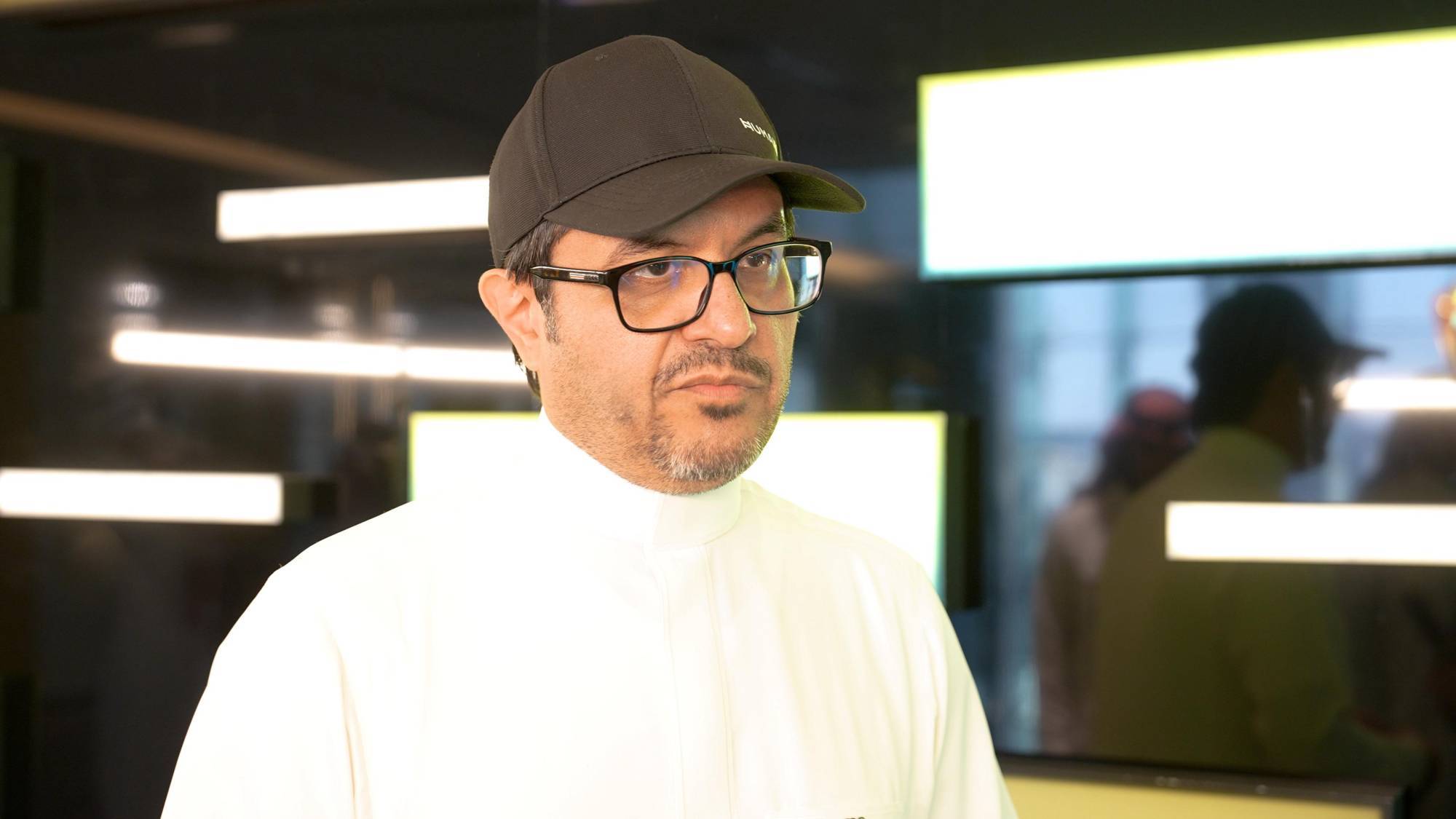‘Humain Chat’ Powered by ‘Allam B34’: A Bridge for 400 Million Arabic Speakers
In a technology landscape long dominated by Western models, Saudi Arabia has entered the global artificial intelligence (AI) race on its own terms. The launch of Humain Chat, developed by Humain – a company owned by the Public Investment Fund – is more than a technical milestone; it is a sovereign declaration that innovation can be deeply rooted in local identity, and that the digital future can be built by Saudi hands to serve the wider world.
For years, Arabic speakers have felt excluded from the generative AI boom, where global applications often failed to grasp cultural nuance or linguistic depth. That gap may now be closing. From Riyadh, Humain has unveiled Humain Chat, powered by its pioneering Arabic large language model Allam B34, marking a turning point for digital inclusion in the Arab world.
The launch event in Riyadh was led by Humain CEO Tareq Amin, joined by Jonathan Ross, CEO of US-based AI company Groq. Earlier this month, both firms announced the deployment of open-source AI models in Saudi Arabia.
Amin stressed that Humain’s strategy relies on partnerships and agility. “Our business model is built on testing, failing fast, and trying again,” he said, noting that Humain had assembled a world-class team in record time and already serves over 130 global clients. The company, he added, is driven by a global vision rather than a purely local one.
Amin argued that Saudi Arabia has unique assets, including affordable energy, vast land, expanding connectivity, and growing renewable power, that position it to lead the world in AI infrastructure.
“Launching Humain Chat is a source of pride for the Kingdom,” he said, adding: “It proves that globally competitive technologies can be rooted in our language, infrastructure, and values built in Saudi Arabia by Saudi talent.”
Humain Chat is designed for the 400 million Arabic speakers and two billion Muslims worldwide who have been underserved in the AI space. For the first time, users can create content, learn, and communicate in their own language, culture, and context.
The application integrates real-time web search to provide constantly updated information, supports voice input in multiple Arabic dialects, and allows seamless switching between Arabic and English within the same conversation. It also offers a feature to share conversations for collaboration and reuse. Importantly, the platform is fully compliant with Saudi Arabia’s Personal Data Protection Law, as it is hosted entirely on Humain’s domestic infrastructure.
Humain Chat is also the first release in the Humain IQ portfolio, a next-generation suite of AI products blending scientific rigor with responsible design.

Allam B34: A Landmark for Arabic AI
Allam B34 builds on models developed by the National Center for AI, under the Saudi Data and AI Authority. Independently benchmarked by Cohere, it is recognized as the most advanced Arabic-language model ever built in the Arab world.
Though Arabic-first, Allam B34 is fully bilingual, trained on one of the largest Arabic datasets ever assembled, and fine-tuned with input from more than 600 experts and 250 reviewers. The result: unmatched fluency in Arabic and sensitivity to Islamic, Middle Eastern, and cultural nuances.
The model was created by a diverse team of over 120 AI specialists, including 35 PhDs, with a 50-50 gender balance. Hosted in Saudi Arabia and built by Saudi and international talent, Allam B34 is both a national achievement and a global offering.
The launch is an invitation to citizens: use it, test it, and help shape it into the world’s leading Arabic AI system. Regional and global rollouts are planned in the coming months.
Building Human Capital: Humain Academy
Alongside the product launch, Dr. Yasser Al-Onaizan, EVP for Data and AI Models at Humain, announced plans for a Humain Academy, aimed at developing local AI talent.
“The human element is the cornerstone of building AI capabilities,” he told Asharq Al-Awsat. The academy will complement government and university efforts, filling gaps through specialized training. It will leverage Humain’s internal expertise and global networks to equip young Saudis with the skills to lead AI projects at home and across the region.
“The academy will start with initial programs and expand step by step,” he said, emphasizing that it forms part of Humain’s social responsibility to empower Saudi youth.

